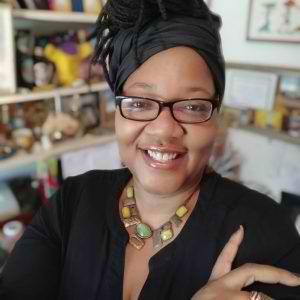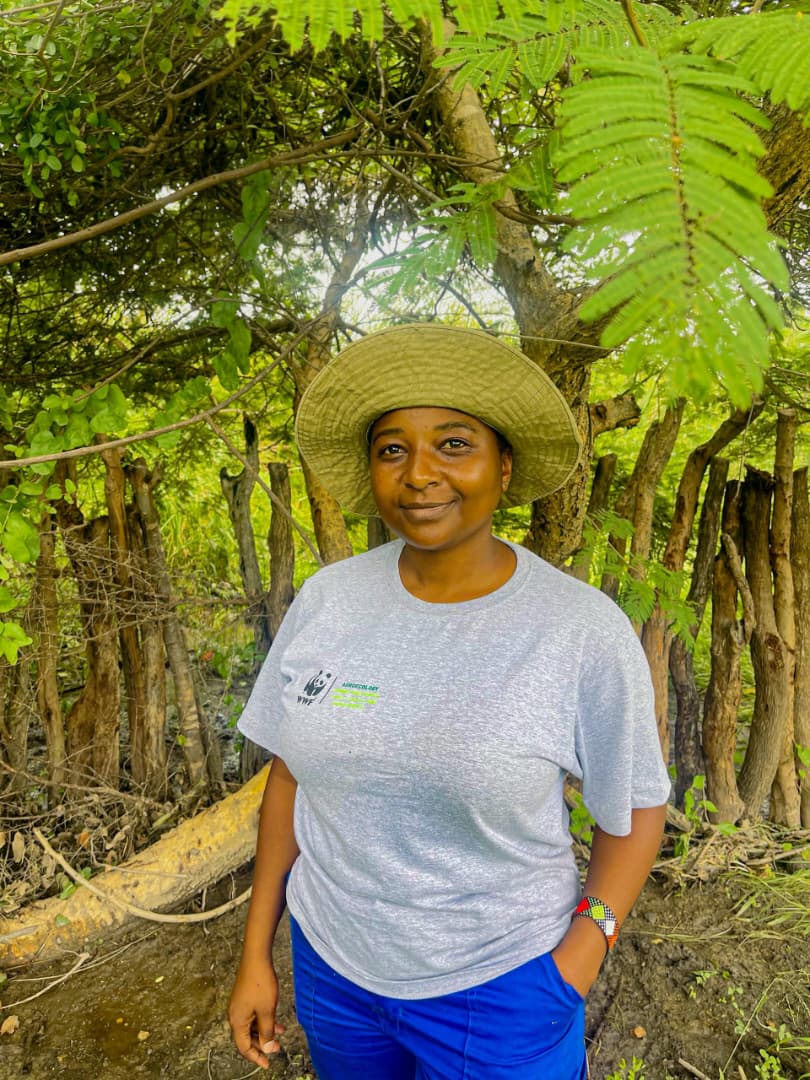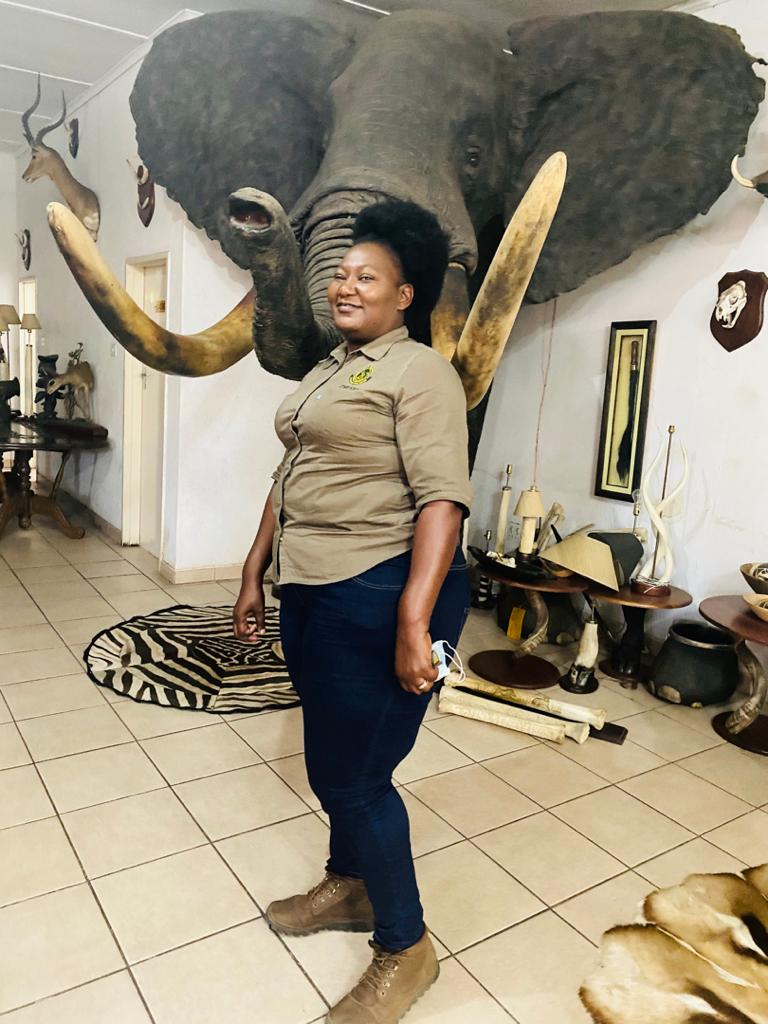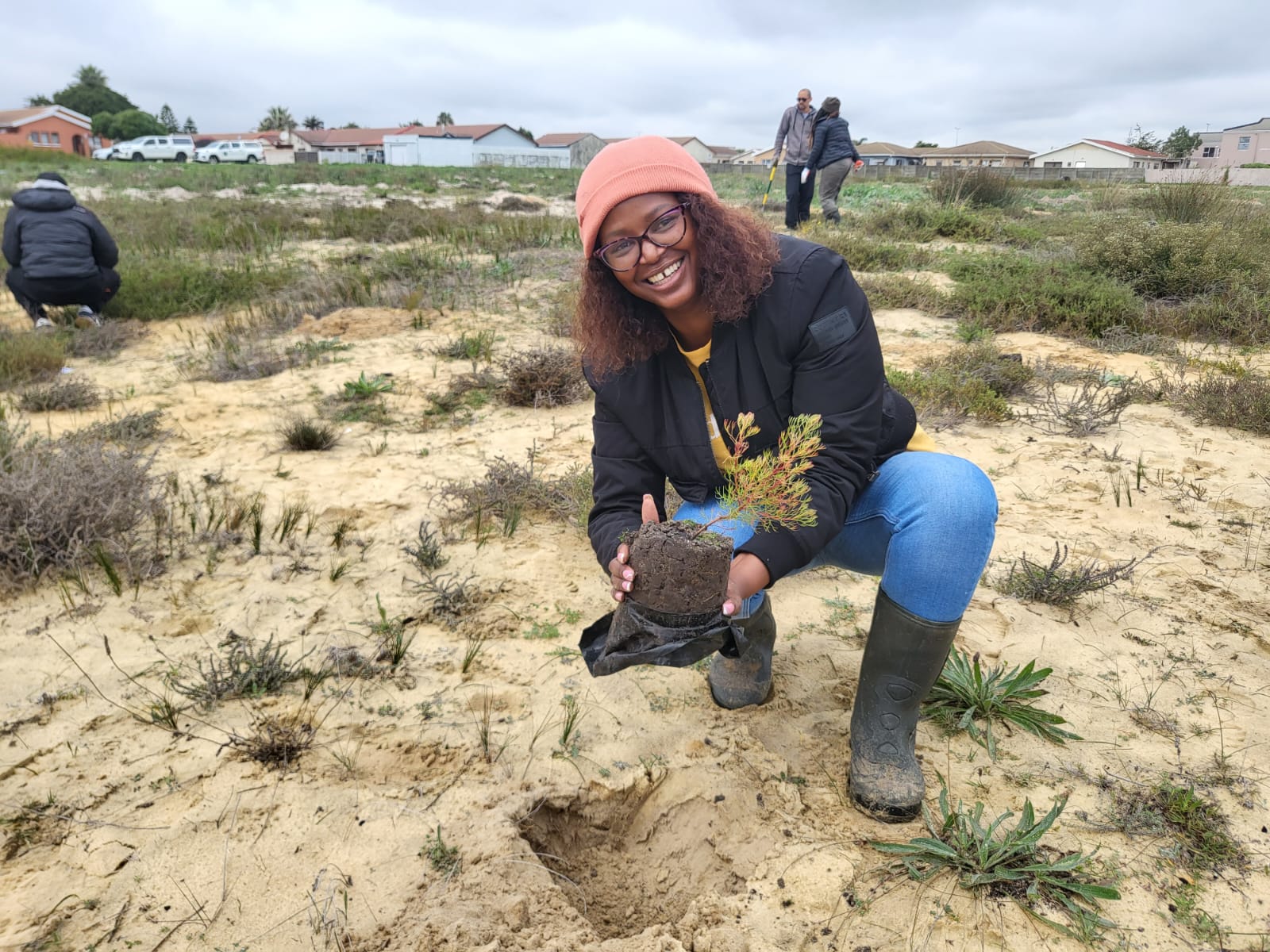Resources and time are abundant. What there isn't an abundance of is more people with good attitudes.
Co-founder and Director of the Institute of the Conservation of Nature, Zilanie Gondwe, is a multi-potentialite who chooses to champion movements that value innovative approaches for social transformation.
She believes that environmental and social justice have become, inextricably, one and the same. To this end, her organisation is dedicated to driving nature conservation to the heart of development in Malawi.
She shares her story with Damaris Agweyu.

Co-founder and Director of the Institute of the Conservation of Nature, Zilanie Gondwe, is a multi-potentialite who chooses to champion movements that value innovative approaches for social transformation.
She believes that environmental and social justice have become, inextricably, one and the same. To this end, her organisation is dedicated to driving nature conservation to the heart of development in Malawi.
She shares her story with Damaris Agweyu.
Zilanie, in a word, how would you describe yourself?
I’m afraid I come in paragraphs. But if there was one word to sum it up, it would be sanguine.
This word is associated with tranquillity and calm. It sounds more mellow than its meaning, and I think it describes me perfectly because I like balance. I am a creative who is interested in many things. I have lived several seasons of life and have walked into different chapters where I commanded the room. I have left some chapters messily, but in the end, everything is always ok. I like things to be ok.
My psyche analysis tests show that I am an extrovert. I think I am an extrovert-introvert, meaning I am more extroverted than introverted yet both are strong parts of me. My daughter is in boarding school, and my partner lives in Europe and now visits twice a year – Covid pandemic allowing, so I live alone. People come over thinking I must be lonely, but that is not the case. I like and value space and silence. If I have to choose between doing something with many people and doing something with fewer people, I'll choose the latter. In one of my chapters of life, I was a festival organiser; putting festivals and events together. Bringing people together was, to me, more enjoyable than attending them.
Can you tell me about the various chapters in your life that led you to where you are now?
When I was about 12 years old, my two best friends and I decided that we would become lawyers. We were on the student council, championing causes, and I was President. It was obvious we would become lawyers. Well, we all went to law school, and out of the three of us, only one is still actively practising, one is a successful food industry maven, and I am a forever advocate for the people.
I went to college to read law, and in my second year, got a summer job for a marketing promotions company in London. I had an incredible summer as this student with a fantastic job that involved touring countries in Europe with huge bands. Going back to school, I said I was going to do entertainment law. But at the end of my second year, I wasn't sure I wanted to do law at all. I left for a year to travel around Africa.
I ended up in my home country, Malawi, helping a friend run a lodge. I realised I loved hospitality and tourism. So I opened a backpackers’ campsite. The plan was to do long-distance learning for my law degree; I'd read from the beach. Of course, that didn't happen. After about 3 years of a wonderful life in the hospitality space, I went back to London and did a diploma in hospitality and tourism.
I continued working in the entertainment sector in Europe until I moved back to Malawi. Around that time, I was in a serious relationship, and we were planning to get married. My partner and I decided to adopt a daughter. Everyone was like, if you're going to adopt a child, then your lifestyles need to change. My partner was a musician, and I was in event organisation. We were always travelling. We needed stability. Media was not new to me, so I decided to take a job in the exciting world of journalism.
I started working for a newspaper as a part-time sub-editor and ended up running that newspaper. By the time I was leaving the newspaper, I was the operations manager; we had launched a radio station and were establishing a TV station. I left the newspaper because I needed more money – facts!
UN Women poached me to support advocacy and communications for the newly instituted UN Women Malawi. I was now actively involved in gender. I was also sitting on the campaigns committee of the wildlife trust in Malawi and getting very strongly involved in animal welfare. We created an organisation for domestic animal welfare, LSPCA. I was its board chairperson for several years while still working in gender and running part-time festivals. Because of my wildlife and animal welfare work, I got more involved in environmentalism.
Which chapter did you enjoy the most?
A few weeks ago, someone reached out to me, saying, "I've followed you on Twitter for six years and seen you work in the creative space, gender, media, and now you are becoming a forefront figure in the environmental space; who are you?” I told her I am all of these things, and I'm fortunate that I can be everything that’s important to me.
I wouldn't be able to do what I do now if I hadn't gone through all those other journeys. I'm still involved in festivals and the gender space but in a different way. My core now is conservation and climate change. Activism is intersectional. So activism is the one word that would describe it all.
I didn't always close some of these chapters in the way I wanted, but I also feel maybe it wasn't my job to complete them. My role has often been to set up platforms and opportunities and let others run with them. I do, however, feel like the chapter I am in today is an intuitive legacy project. It is different because it's not something I am walking into. I've created this organically with my business partner, Kate Moore. Our purpose and plan is indefatigable so we own it fully.
Is this to say you've stepped into your life's purpose?
Yes, but not only one. I refuse to be boxed. I believe this one is my life's purpose for public service. This work matters to me and my country. Kate and I set up the Institute for the Conservation of Nature in response to what we saw as fundamental gaps in this space.
We bring decision-makers to the table and look at how sustainability is handled at both the big picture and grassroots level. The CEO of Lilongwe city wanted more green spaces but wasn't sure how to do it. We sat with him two years ago and came up with a plan called the Ecological Corridor of Lilongwe in the riverine areas of the capital city. The city is creating green zones with two new public parks, a pilot environment-friendly suburb, cleaning up the city rivers, and aiming to support the botanical gardens with proper funding. We must promote and protect heritage buildings, urban biodiversity, and the sanitation of the two rivers. The urban waste management challenges are integral to its success. Our work is multifaceted. It is more than patriotic – it supports the environmental sector, job creation, and the tourism sector.
Hopefully, the work I am doing will cause a paradigm shift in the way we think and talk about the environment and climate. WE Africa came at the perfect time for me. Everything about it speaks to what I need to work on for myself and my organisation. It's the best gift that I could have been given.
What have your experiences taught you to value?
Number one, family. Growing up in situations where a lot was done to try and separate the family, made my family; both immediate and extended, very tight.
When I was two years old, long before Malawi became democratic, my father, a political lecturer at the university, was detained. It was a time when the President didn't like anyone speaking against him or having a brain, so he arrested many people, and my father was one of them. He was on death row for two years. My mother lost her job and was banished to the north. She wasn't allowed to see her husband. When he was finally released, the family moved to Kenya.
My father wasn't the only one in my family to suffer political persecutions. My grandmother and many of my aunts, and uncles were arrested; some were exiled. There was a time we lived in Zambia where there were a lot of exiled family members. We had to be there for one another, and as a result, we became very close. So family has always been important, but maybe I'd say that I have learned to value time with family more. When you're younger, you want to spend time exploring the world and having experiences, which are all very important. Still, there's nothing that will beat time spent with family. I chose to return to Malawi to be with my parents when they decided to retire to Malawi. Roots are important if you have them. I recently lost my father and all I can think about is family.
Serving my country is the next important thing. I come from a family that was involved in the independence struggle and the democracy struggle. My great aunt Rose Chibambo, is on the 200 Kwacha note. She was a freedom fighter. After independence, she was the first female minister in the first cabinet; she rebelled against the government and was sent into exile.
I come from a family that knows the cost of sacrifice and part of my current work is about fixing what's wrong. At the same time, we say, please do not sacrifice yourself entirely for country, you must have your wellbeing, and pursue your passions too.
The other thing I've learned to value is time. If you use it wisely, there's enough time for everything. How have I managed to live so many chapters in the last 25 years of adulting? I did that because I walked into everything that I liked doing and immersed myself in it. And after I gave all that I could, I moved into the next season. Opportunities are abundant. I hear people talking about wanting to leave Malawi because there is not enough here. I understand our contexts are different. I come from a family with privilege– not easy privilege, however, because we've fought for a lot of it– but I feel like many people tend to look outwardly rather than inwardly. If you can't get it within, then look around you. There are always people who can help.
A lot of people are afraid to ask for help.
I know. I never accept no for an answer. But before I ask, I know you're able to deliver. The patriarchy has built a lot of institutions, and when I walk into a room, I am likely to be the only woman or one of two. The expectation is that I should be cowed, but more and more, I've realised that actually, it's my power.
If I'm the only woman, that's “even better” because I will run that meeting and show them women can lead. You're going to pay attention. In fact, let there be only men because then I will shine and I will make sure that women shine. I think it's essential to bring people along with you. I don't find it challenging to work with men. I find it challenging to work with people who do not share interests that are rooted in the common good. If they don't appreciate the challenges we are facing and the solutions you are trying to bring, it becomes problematic. It means I have to spend time figuring out what makes these people tick and then focus on that. If I can't do that, I find someone who can. There's always a way.
I love your can-do spirit.
Resources and time are abundant. What there isn't an abundance of is more people with good attitudes. I think a lot of people are tired in their spirits. Human beings carry so much, and they don't even realise it, but it transmutes into everything they do and touch. If you come into situations with the wrong attitude, yes, some things might work out, but others won't, and your interactions with people will not be positive.
I want people to walk away from me feeling invigorated, hopeful, positive, and valued. I want to give solutions. I am cautious about this, but literally, if somebody calls and tells me Zilanie, I need your help, I will try and figure out a way to help them. Sometimes I am not successful, but at least I will always make a genuine effort. I think people always need little bits of hope. There's always something you can do for someone.
Most human beings are very simple and don't want very much. I don't have grand dreams for wealth, but I want to have enough money to lead a comfortable life – which to me means holidays in Dubai, on a yacht and in a thong! I also want to produce great work, serve my country, enjoy beautiful spaces, and know that my family is well.
I want to end it all saying it was hard and it was good. I don't want to be a person with regrets, I have a few, and I'm working on them.
Can you tell me one?
Not finishing my law degree. I feel like at some point, I should have finished it. Would it have changed my trajectory? Yes. I like my trajectory as it is, but I regret not having completed that degree for myself. I don't accept that I was meant to stop halfway. And the thing is, it wasn't just the law degree. I didn't finish the hospitality degree either; I took a diploma. I didn't complete the journalism degree; I took the diploma. I regret that I didn't complete my formal education at a very high level. It hurts my ego a bit. In a family of PhDs, I have no degree. That isn’t cool. My father would have liked to see me with a degree, and now it’s too late. He's gone. But I’m still here. So I will keep going on my journey, destabilizing and organizing – leaving no stone unturned.
***
This interview is part of a series profiling the stories of the 2021 WE Africa leadership programme fellows, African women in the environmental conservation sector who are showing up with a strong back, soft front, and wild heart.





